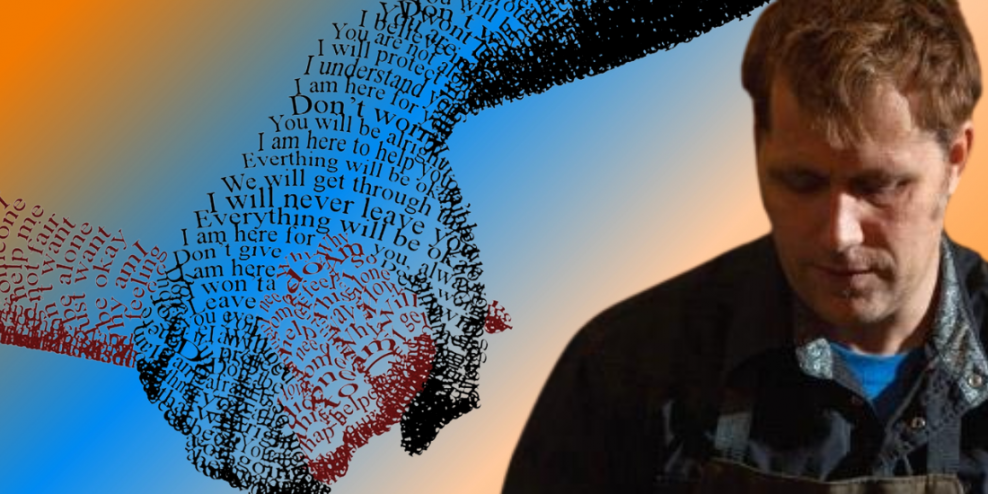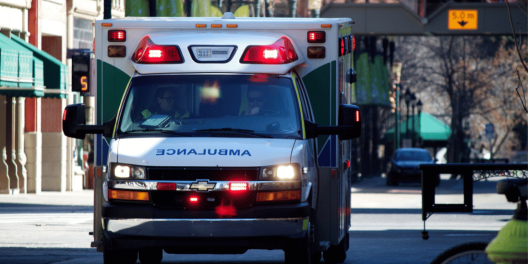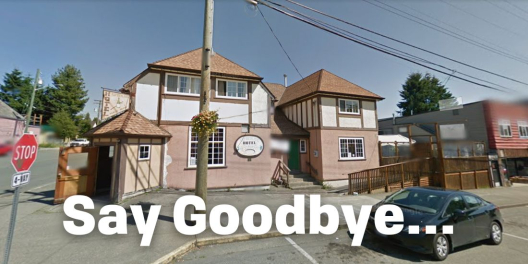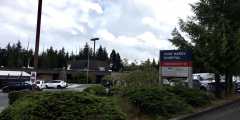Local health care workers are stepping up, not only on the job. Some are dedicating their free time to helping people.
Jason Stevens, a Cumberland resident and paramedic with 29 years of experience, is one of those going above and beyond,
As a paramedic, Jason Stevens interacts with a lot of different people facing different crises. But while working as a community paramedic on Denman and Hornby islands over the past five years, he noticed one group slipping through the widening cracks in our medical system – seniors.
Community paramedics provide primary care in rural areas, often in patients’ homes or the community. In this job, Stevens met more and more older people without a family doctor, including some with diabetes, COPD (chronic obstructive pulmonary disease), high blood pressure, heart disease and other serious health conditions that were untreated.
“Many of them don’t want to bother anyone, and they tend to be pretty stoic,” says Stevens.
The social isolation of the pandemic made things worse. So, Stevens decided to do something about it.
In Cumberland, where he lives, the closing of the Ginger Goodwin Clinic last July had left hundreds of patients without a doctor.
Seniors on fixed incomes were stranded. So Stevens made some enquiries and learned about Donna Frawley, a volunteer facilitator with the Village of Cumberland’s adult drop-in program.
Last April, after talking with Frawley, Stevens started joining the 50+ drop-in group once a week on his own time. At first, he offered chair massage and good company and conversation. Then he started teaching them skills like CPR (cardiopulmonary resuscitation,) fall prevention and recovery, and even how to administer Naloxone, used to reverse the effects of opioid drugs.
Then Stevens started asking about underlying health problems while making mental notes after a few months of subtle observation.
“It takes a while to gain peoples’ trust, but after a while, I was able to triage their health conditions,” Stevens explains, adding that up to 16 seniors were joining the sessions at various times.
After prioritizing needs, he used his connections in the local health care community to start “getting them in the back door” of a family practice.
As of July, Stevens says, all of the seniors in the group who needed a family doctor now have one. That’s a big win in the Comox Valley, where an estimated 13,500, or one in five people, lack a doctor.
“I know that Jason truly cares for our group, and for seniors in general,” Frawley says. “He demonstrates it every week and by the way that he checks in with me between visits when he is concerned about someone. He shows it when he goes, on his own time, to check on people.”
“He’s not out asking for thanks – he is simply doing his very best to fill a need that he sees happening in our community,” Frawley added. “I know that he has many fans. I put myself high on that list, with a grateful heart.”
And it’s not the first time Stevens has stepped up to help. Back in 2015, he travelled to Nepal with Canadian Medical Assistant Teams (CMAT) to provide disaster medical relief after the magnitude 7.8 earthquake.
Stevens says he gets as much out of his efforts as the people he helps.
For seniors, having access to a doctor is critical. But the experience has also taught Stevens just how important it is for emotional and physical well-being to get the elderly out of the house and into the community, talking, exercising, and hanging out with others.
“Some of them are in their 90s. Just because they’re old doesn’t mean they don’t want to learn,” he says.










